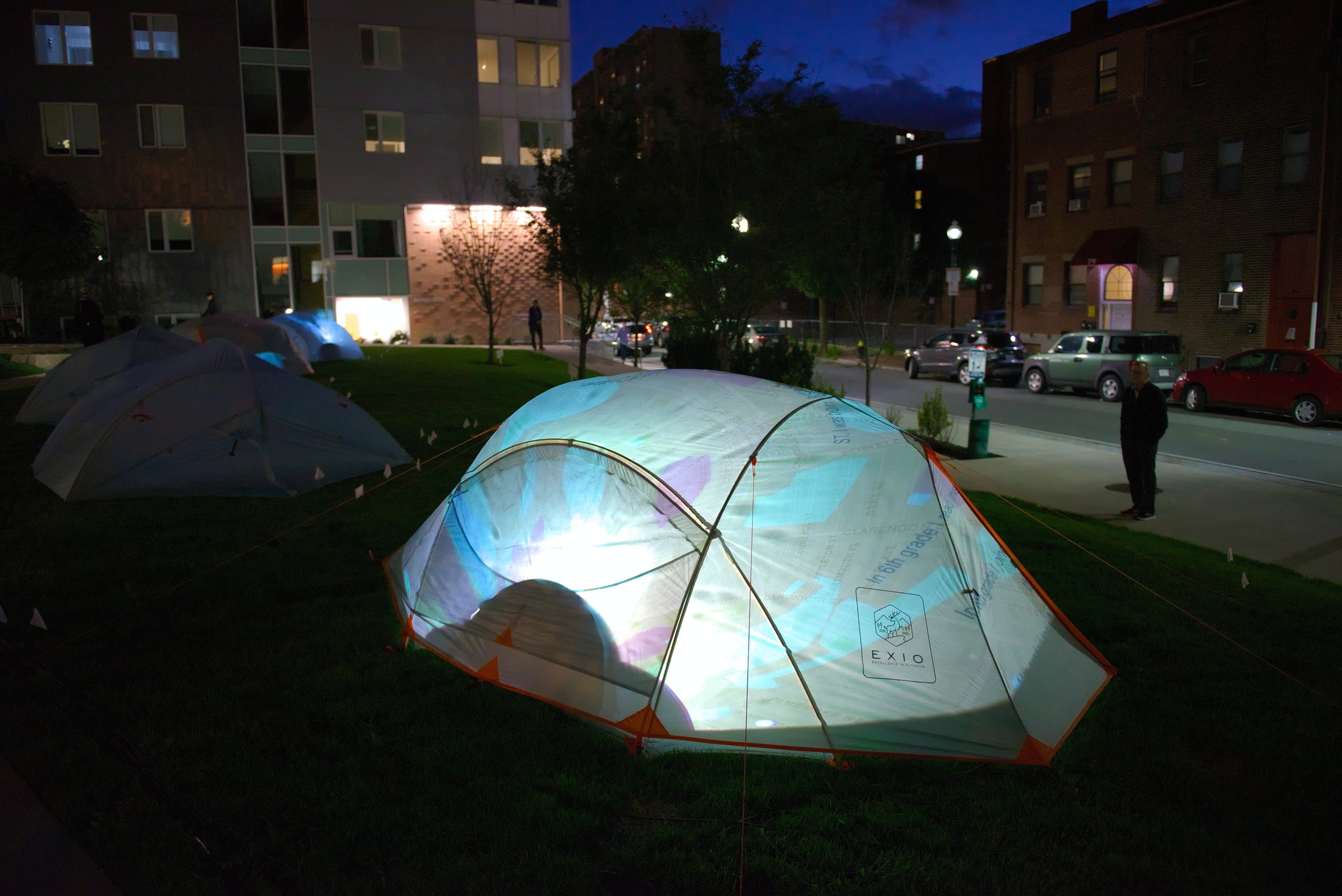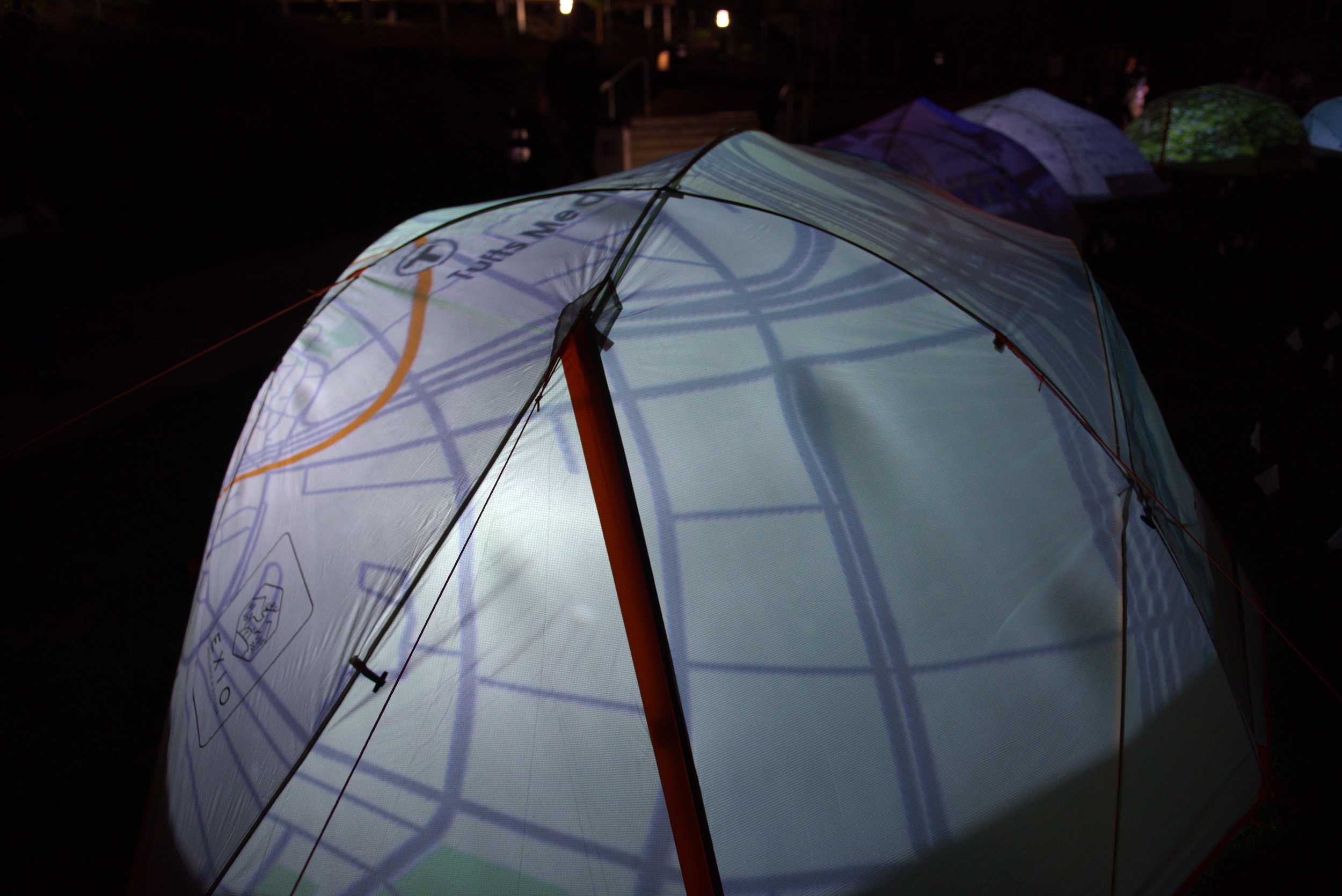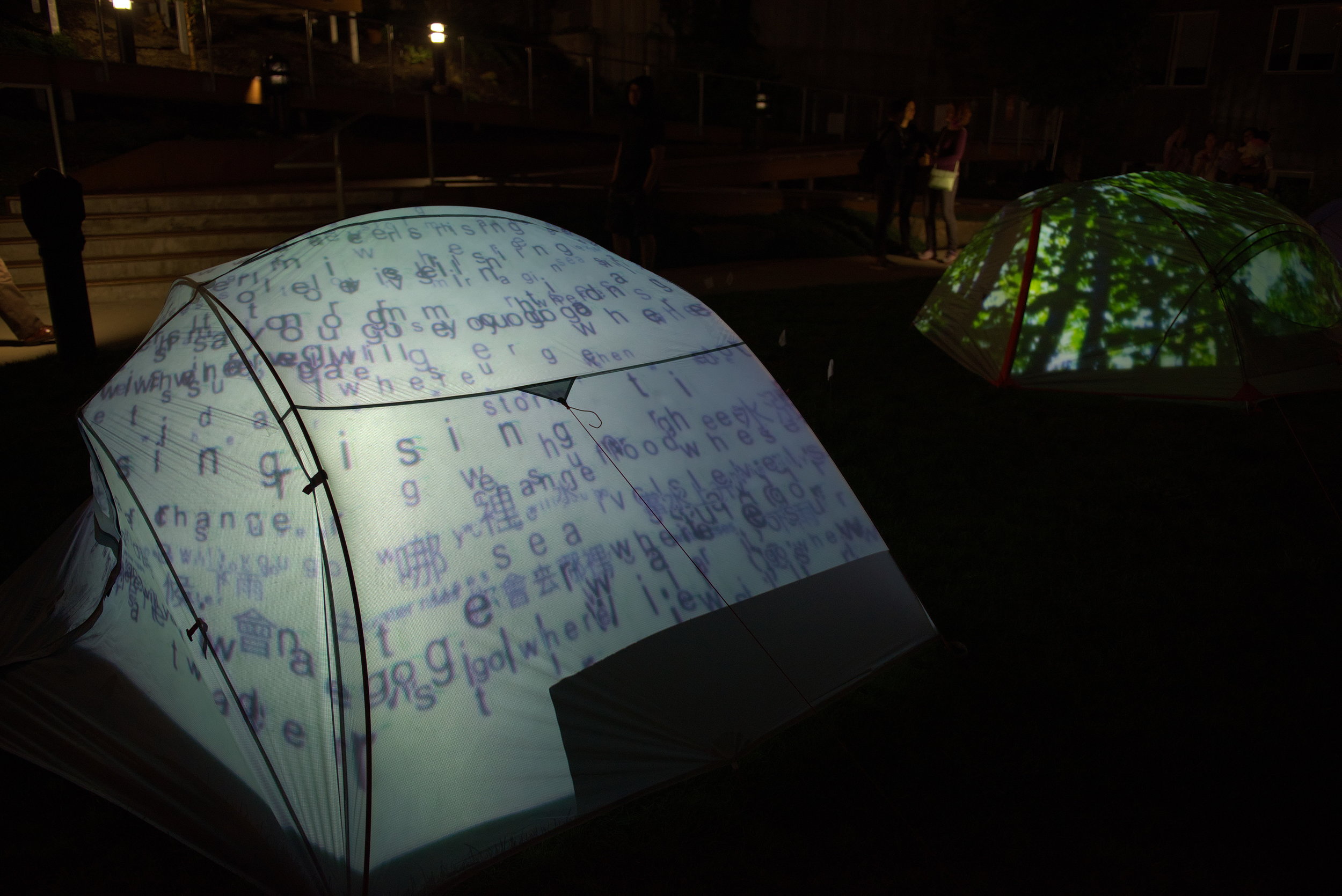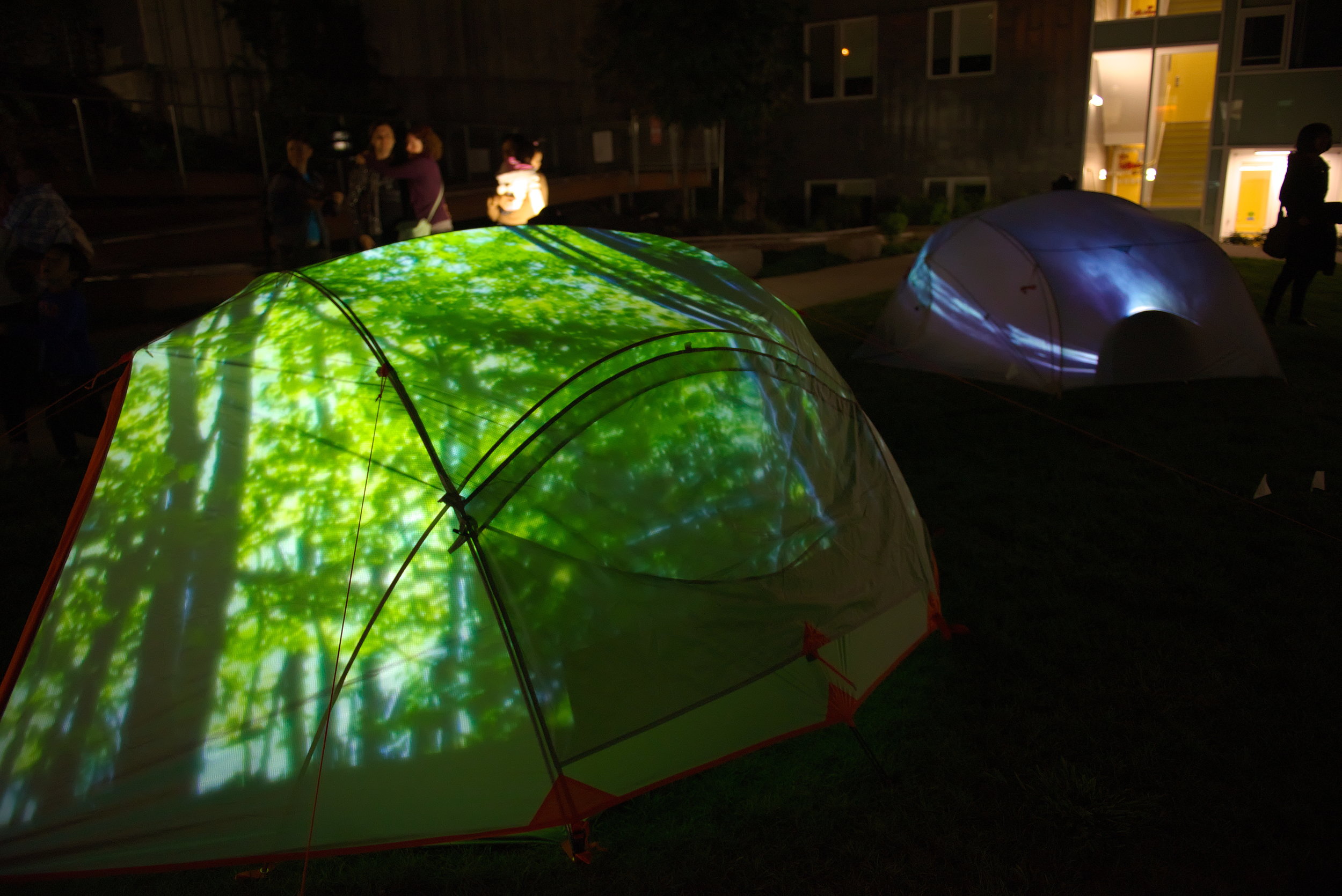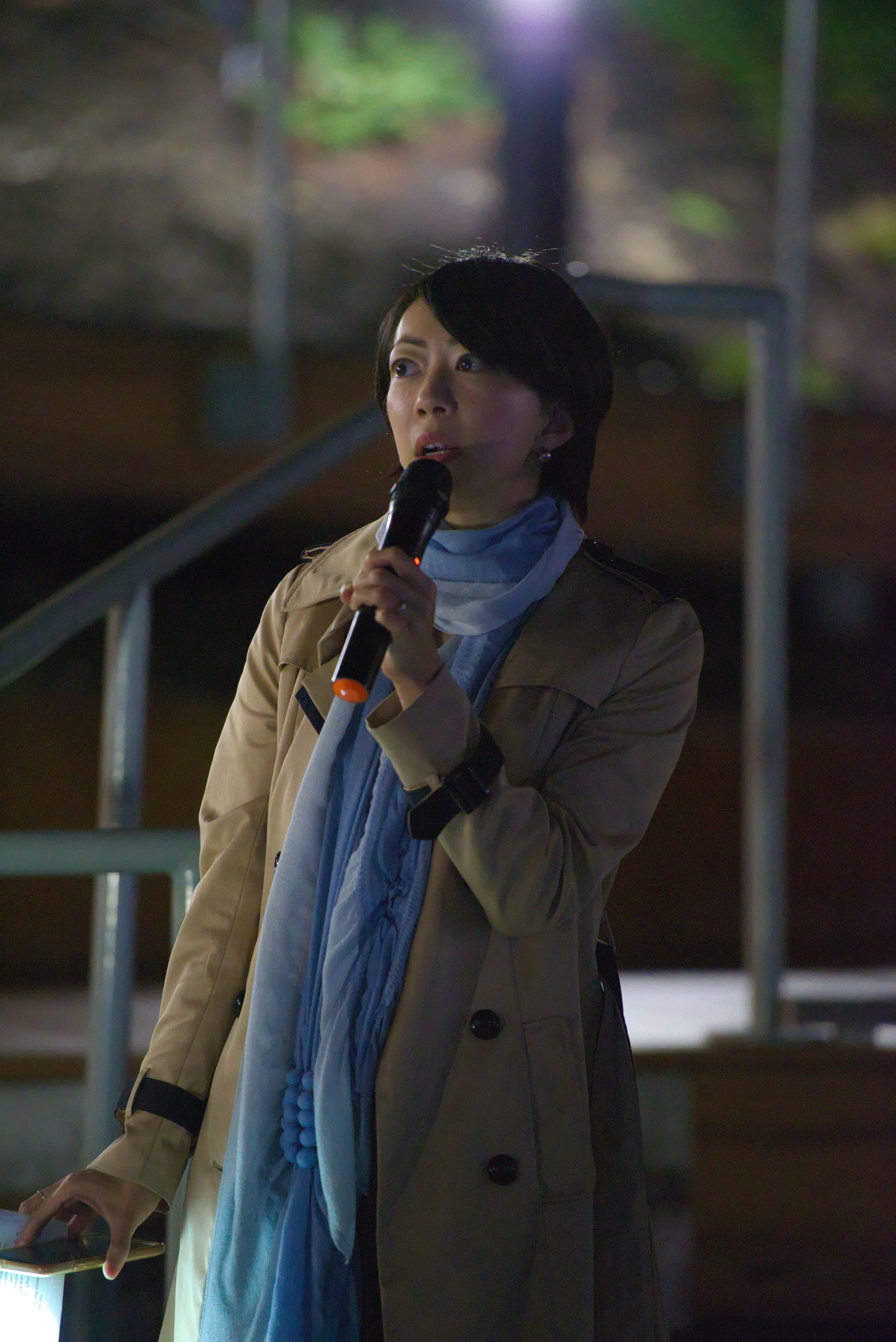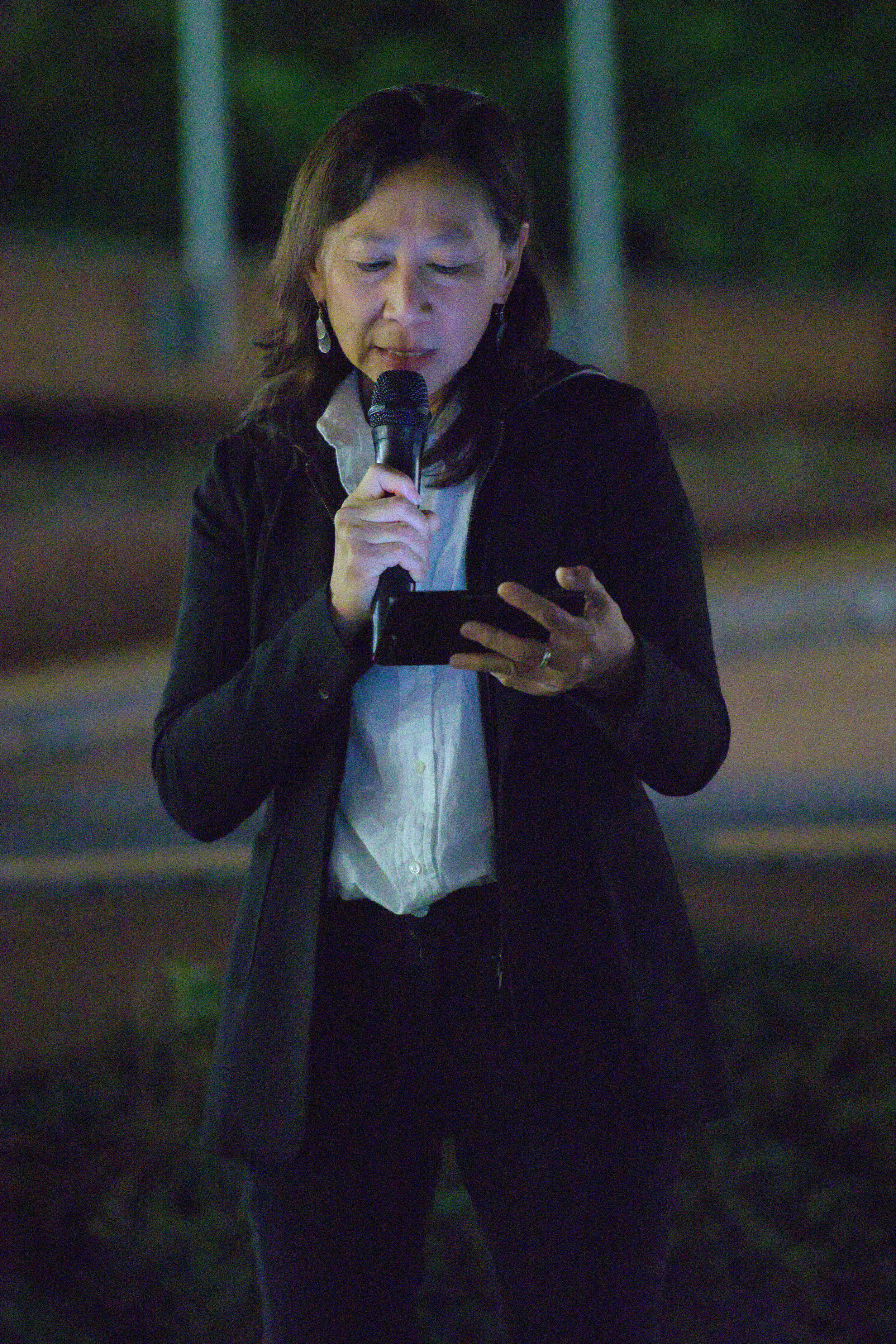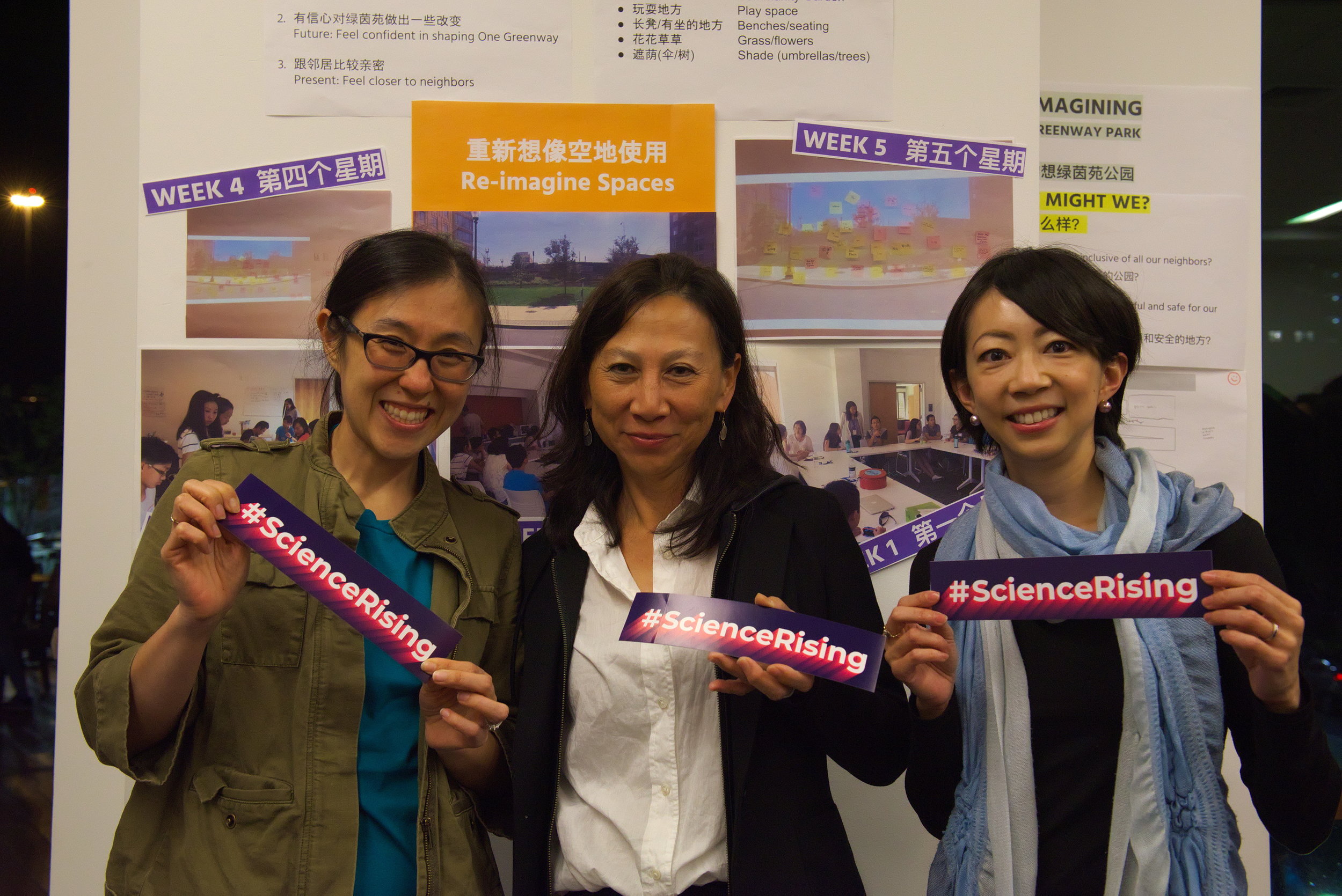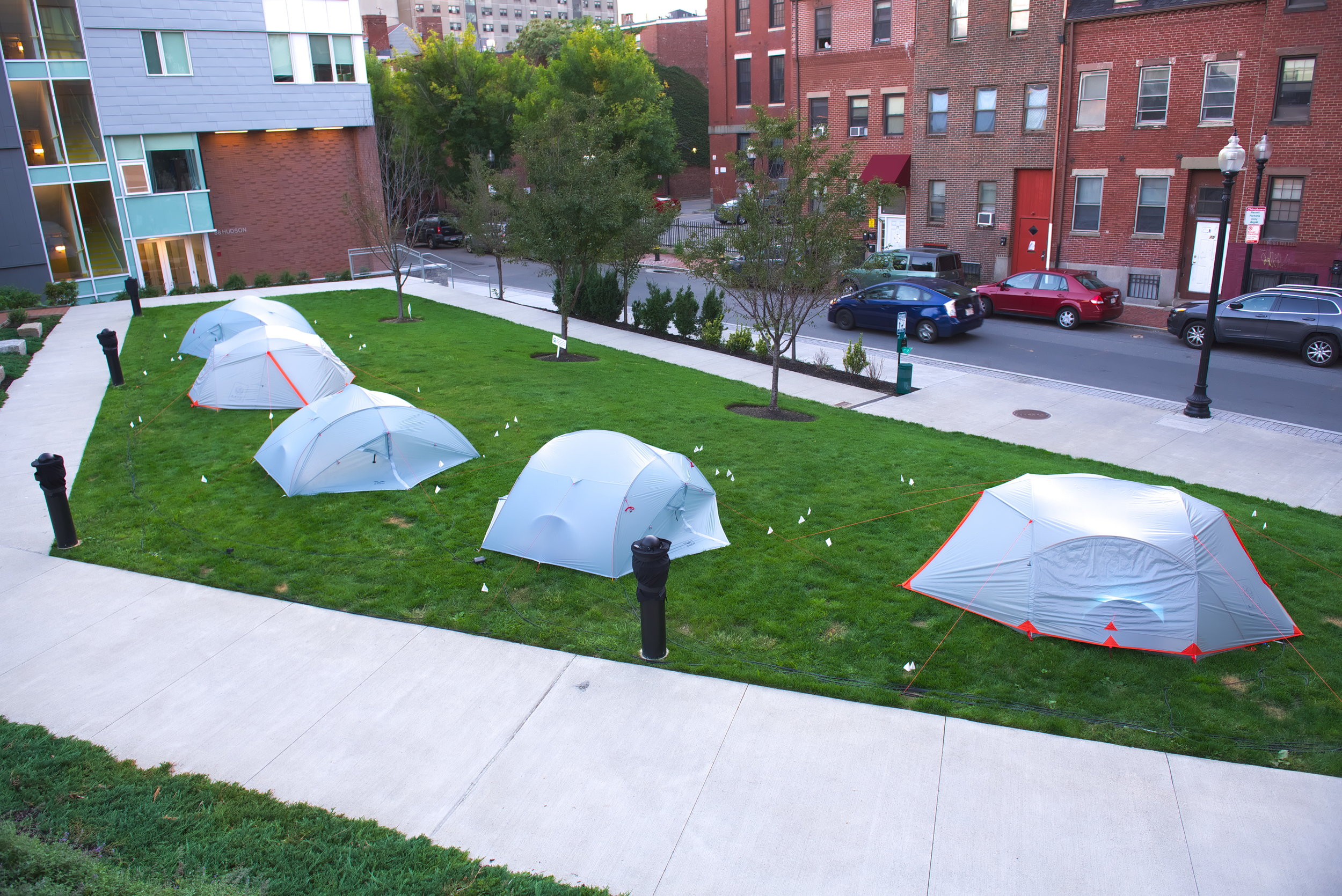Thanks to those who made it out to see our first outdoor art projection on One Greenway With/Without Water. This projection was done as a part of our ANCHOR initiatives.
Chinatowns across America are disappearing. Families who have lived in Chinatown for generations can no longer afford the higher rents and costs of living in the area. These changes transform the Chinatown community until neighborhoods become unrecognizable. Like an eroding seashore, the "shores" or borders of Chinatown are most vulnerable to erosion.
Our Solution: Anchoring our Borders
For over 30 years ACDC has been stabilizing Boston's Chinatown by building affordable housing and promoting community self-determination through arts, culture and activism.
In the 2010 Chinatown Master Plan, the community highlighted "anchor areas" - landmarks dedicated to preserving Chinatown residents, businesses, and cultural institutions.
Together, ACDC's ANCHOR projects serve to influence the fate of some of the most valuable land in the city. Through our projects, we want to remind residents and visitors that Chinatown is a place of live, work, and play.
Each letter in ANCHOR represents a characteristic that describes our Anchor projects.
Activation
Needs
Community
Housing and
Open spaces
Residents
We look for spaces that are unused or underused and activate them, so that residents can enjoy the space and imagine the possibilities that the space could be. Our earliest example of this was when some residents took an abandoned parking lot, cleaned it up, and with the help of a simple projector and sheets, transformed the lot into an outdoor movie festival, free for everyone. This annual event has become our popular Films at the Gate.
Our projects address the needs of the neighborhood, leveraging Chinatown's greatest strength: the people. We are committed to designing solution with community. That means we want diverse voices at the decision making table.
Our work centers around housing and open spaces, which we believe are fundamental to healthy families. These are the places where families live and play. Our projects aim to advocate for more affordable housing and open spaces for all.
Finally, residents are central to our work. We not only want to hear their ideas, but we want them to be at the forefront of implementing and bringing to life their dreams of what they want to see in their communities.
SaturPLAY represents one of our earliest ANCHOR projects that we launched in 2016. For one Saturday a month, A-VOYCE youth activate Chinatown’s Mary Soohoo park with books, sidewalk chalk, and games for the local children.
Follow our blog and our Facebook page for the next SaturPLAY and ways you can join in!
ACDC youth anchor’ing down Mary Soohoo Park at SaturPLAY.





